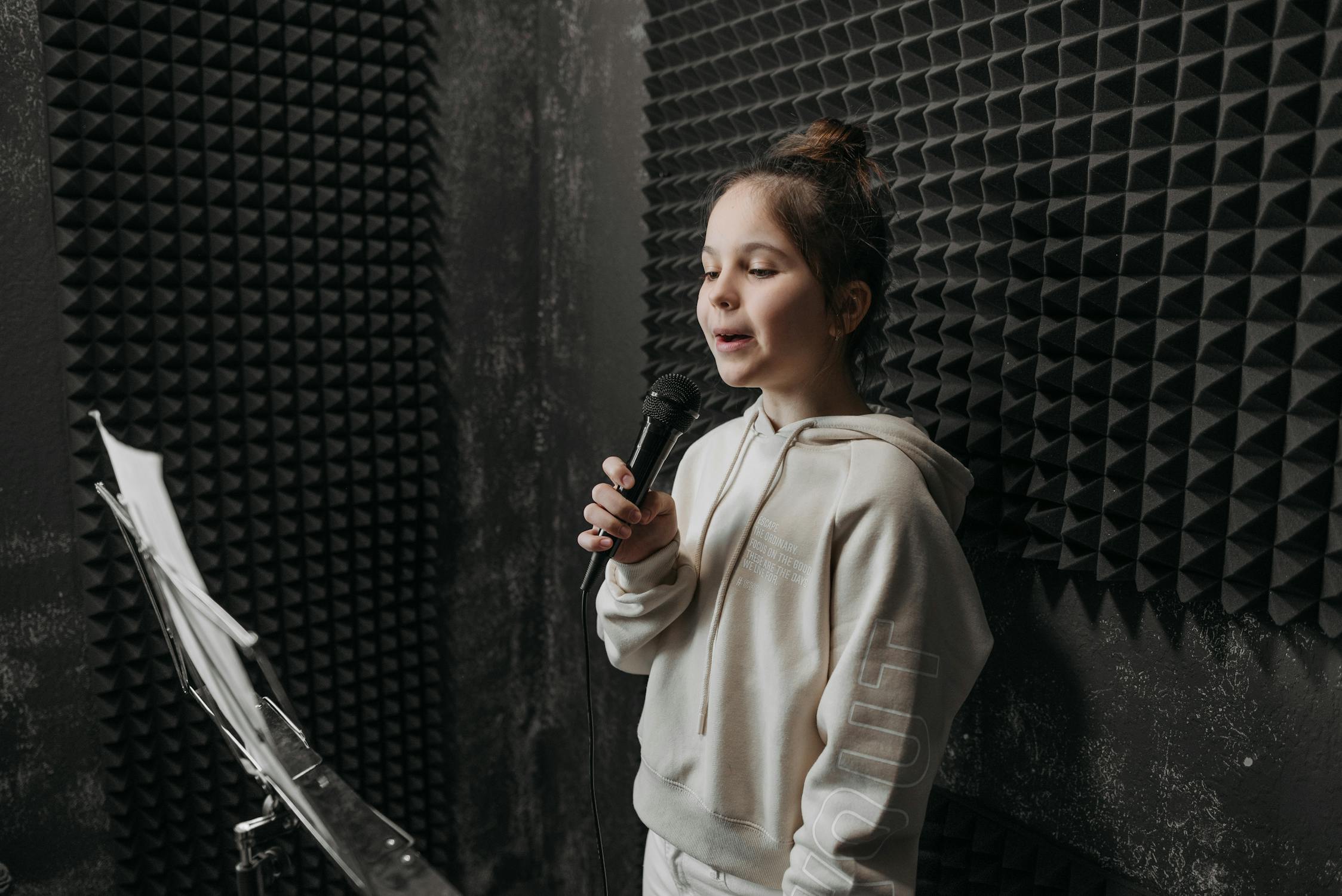Advanced Sound Engineering Courses: Master Professional Audio Techniques
Sound engineering has become an integral field in both creative and technical industries, bridging the gap between artistic vision and precise technological execution. Advanced sound engineering courses offer individuals the opportunity to master professional audio techniques that enhance production quality across diverse platforms such as film, music, broadcasting, and gaming.

These courses are designed not only for enthusiasts but also for professionals seeking to refine their skills in a competitive industry. By integrating theoretical knowledge with hands-on experience, they ensure participants are well-equipped to handle sophisticated audio tools and techniques.
Key Components of Advanced Sound Engineering Courses
Advanced sound engineering programs typically cover a wide range of topics aimed at providing a comprehensive understanding of audio production. Students gain proficiency in areas such as signal processing, studio acoustics, and sound design. These subjects form the foundation for creating high-quality audio productions.
One significant aspect of these courses is their focus on the latest technology. This includes software like Pro Tools, Logic Pro, and Ableton Live, which are industry standards for editing and mixing. Practical exercises involving these tools ensure learners can apply their skills effectively in real-world scenarios.
The inclusion of acoustics and psychoacoustics is another critical feature. Understanding how sound behaves in different environments allows engineers to optimize recording setups and achieve the desired auditory effects. These concepts are particularly valuable when working in varied spaces such as live venues, recording studios, or open fields.
The Role of Hands-On Training
Practical training forms the backbone of advanced sound engineering courses. Most programs emphasize a project-based approach where students work on real or simulated projects to apply what they've learned. This ensures they acquire not just theoretical knowledge but also practical competence.
Setting up microphones for a live performance or configuring signal chains for multi-track recordings provides invaluable experience. These hands-on exercises often involve collaboration with peers from related disciplines like filmmaking or game design, fostering teamwork and interdisciplinary understanding.
An interesting aspect of practical training is exposure to industry-standard equipment such as mixing consoles, audio interfaces, and specialized microphones. Familiarity with these tools prepares students for seamless integration into professional settings post-graduation.
Specializations Within Sound Engineering
Advanced courses often allow students to specialize in specific fields within sound engineering. Options might include music production, live sound reinforcement, or audio post-production for media industries like film and television.
Music production focuses on crafting studio-quality tracks by teaching techniques like equalization, compression, and mastering. On the other hand, live sound reinforcement equips learners with skills needed to manage audio systems during concerts or events. Audio post-production delves into editing and mixing soundtracks for films or commercials.
This variety ensures students can align their education with career aspirations while gaining niche expertise that differentiates them in the job market.
The Importance of Industry Partnerships
A distinctive feature of many advanced sound engineering programs is their partnerships with industry leaders. Collaborations with renowned studios or tech companies enable students to access cutting-edge resources while gaining insights from professionals actively working in the field.
Such partnerships often lead to internship opportunities where learners can apply classroom knowledge in professional environments under expert guidance. These experiences not only build competence but also enhance employability by offering networking avenues within the industry.
An example would be affiliations with companies like Dolby Laboratories or Avid Technology. Engaging with such organizations during training adds significant value to an engineer's profile upon course completion.
Career Opportunities After Completion
Graduates from advanced sound engineering courses find themselves well-positioned for diverse career paths. Common roles include audio engineers for music studios, sound designers for gaming companies, or mixing engineers for film productions.
- Music Studio Engineer
- Sound Designer
- Live Sound Technician
- Audio Post-Production Specialist
- Broadcast Sound Mixer
The demand for skilled sound engineers continues to grow due to increased multimedia content production across platforms like YouTube, Spotify, and Netflix. This ensures a steady stream of job opportunities for qualified professionals entering the field.
Selecting the Right Course
Choosing an advanced sound engineering course involves considering several factors such as curriculum depth, faculty expertise, and access to facilities. Prospective students should also evaluate accreditation and recognition by industry bodies as indicators of program quality.
Another essential consideration is the availability of online versus on-campus options. While online courses offer flexibility, on-campus programs provide hands-on experiences crucial for mastering technical skills. Hybrid models that combine both approaches are increasingly popular due to their balanced learning structure.
A final tip would be exploring alumni reviews or success stories associated with a particular institution to gauge its effectiveness in preparing students for professional roles.
The Future of Sound Engineering Education
Institutions now integrate virtual reality (VR) and artificial intelligence (AI) into their teaching modules to keep pace with evolving industry demands.
There’s a growing emphasis on sustainability within the field, programs are incorporating energy-efficient practices into coursework as part of broader efforts to address environmental concerns.
This progressive approach ensures that graduates remain competitive while contributing positively toward both technological innovation and societal well-being.
To conclude, advanced sound engineering courses offer a blend of technical rigor and creative exploration that prepares individuals for rewarding careers in diverse industries. By equipping students with cutting-edge skills and fostering a deep understanding of audio dynamics, these programs pave the way for innovative contributions to an ever-expanding field.
Pursuing such education not only enhances personal expertise but also opens doors to collaborative opportunities where one’s talents can shine amidst challenging yet exciting projects worldwide.
